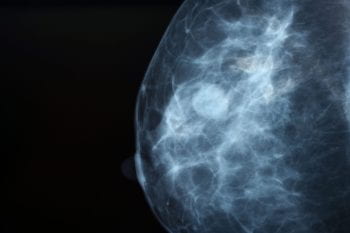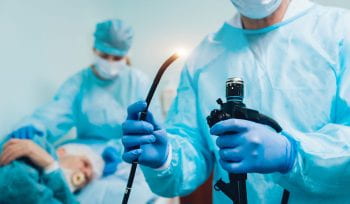Congrats to Graham Colditz, MD, DrPH., chief of PHS, on receiving the Brinker Award for Scientific Distinction in Population Science at the San Antonio Breast Cancer Symposium. This award, in its inaugural year, is presented to a researcher who has made pivotal advancements in implementing science, cancer care delivery, health services research, epidemiology and/or developed […]
Graham Colditz, MD, DrPH receives the Brinker Award











